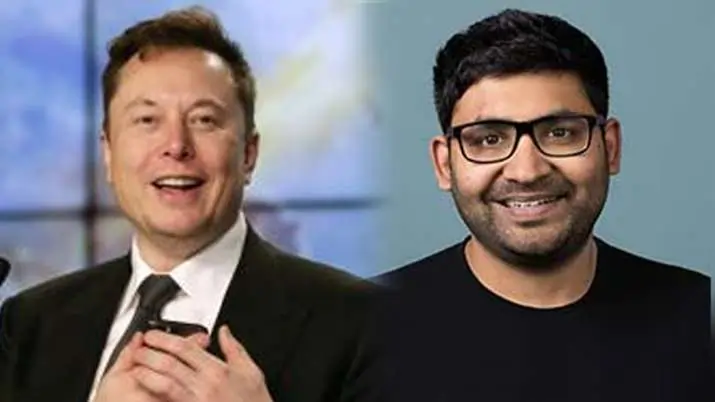The Supreme Court of India is set to hear a crucial case that will determine if the Government can Seize Control of YouTube and Twitter in the country.
A public interest litigation (PIL) filed by an NGO challenges the constitutional validity of the new Intermediary Rules 2021 which seek to regulate digital news media and social media firms. The rules enable the government to instruct online platforms to take down content it deems objectionable.
The petition argues that such broad oversight violates Article 19(1)(a) of the Indian constitution which guarantees freedom of speech and expression to all citizens. It states that excessive regulation will impinge on people’s rights to freely articulate ideas online.
A three-judge Supreme Court bench headed by Chief Justice of India RS Reddy will commence final hearings in the case on February 21. The apex court had earlier issued notice to the central government and Big Tech firms seeking their responses.
During the last hearing on January 17, senior advocate Krishnan Venugopal, representing the petitioner, argued that the new rules gave unchecked powers to the government. He said authorities could force social media platforms to remove content they subjectively classify as misinformation or offensive, even if it does not violate any law.
Also Read – A Former Twitter Engineer Says Elon Musk Wrongly Fired Him for Leaking Information to the Press
However, Additional Solicitor General Aman Lekhi justified the rules by citing instances of fake news, hate speech, and anti-national content circulating online. He stated that social media firms cannot evade accountability and need to comply with takedown orders in the interest of national security.
The outcome of this case will have far-reaching consequences on social media regulation in the country. If the Supreme Court greenlights the Intermediary Rules 2021, the government will get unbridled authority to control digital discourse and censor online posts it dislikes.

Whereas if the court strikes down the rules, Big Tech giants will continue having the final say regarding content allowed on their platforms. But citizens’ freedom of expression online will remain constitutionally protected from excessive state interference.
Political observers are keenly awaiting the apex court’s ruling as it will effectively shape the balance of power between technology companies and the government. Many believe this case will be the ultimate test of civil liberties against “digital authoritarianism” by the state.
Also Read – A Complete Guide to Enabling Bookings on Google My Business 2024
“This case will decide if we want an open internet where citizens enjoy freedom of speech or government-controlled social media. Supreme Court has to safeguard constitutional rights in the digital age.” – Sanjay Kapoor, Cyber Law Expert
“Global experience shows that unbridled government regulation of social media leads to suppression of dissent and harmful over-censorship. Unconstitutional rules cannot pass Supreme Court’s scrutiny.” – Nikhil Narendran, Partner, Trilegal
“Reasonable regulation of social media is needed but within constitutional limits. Compelling platforms to arbitrarily remove content will violate citizens’ freedom of expression.” – Pavan Duggal, Advocate, Supreme Court







